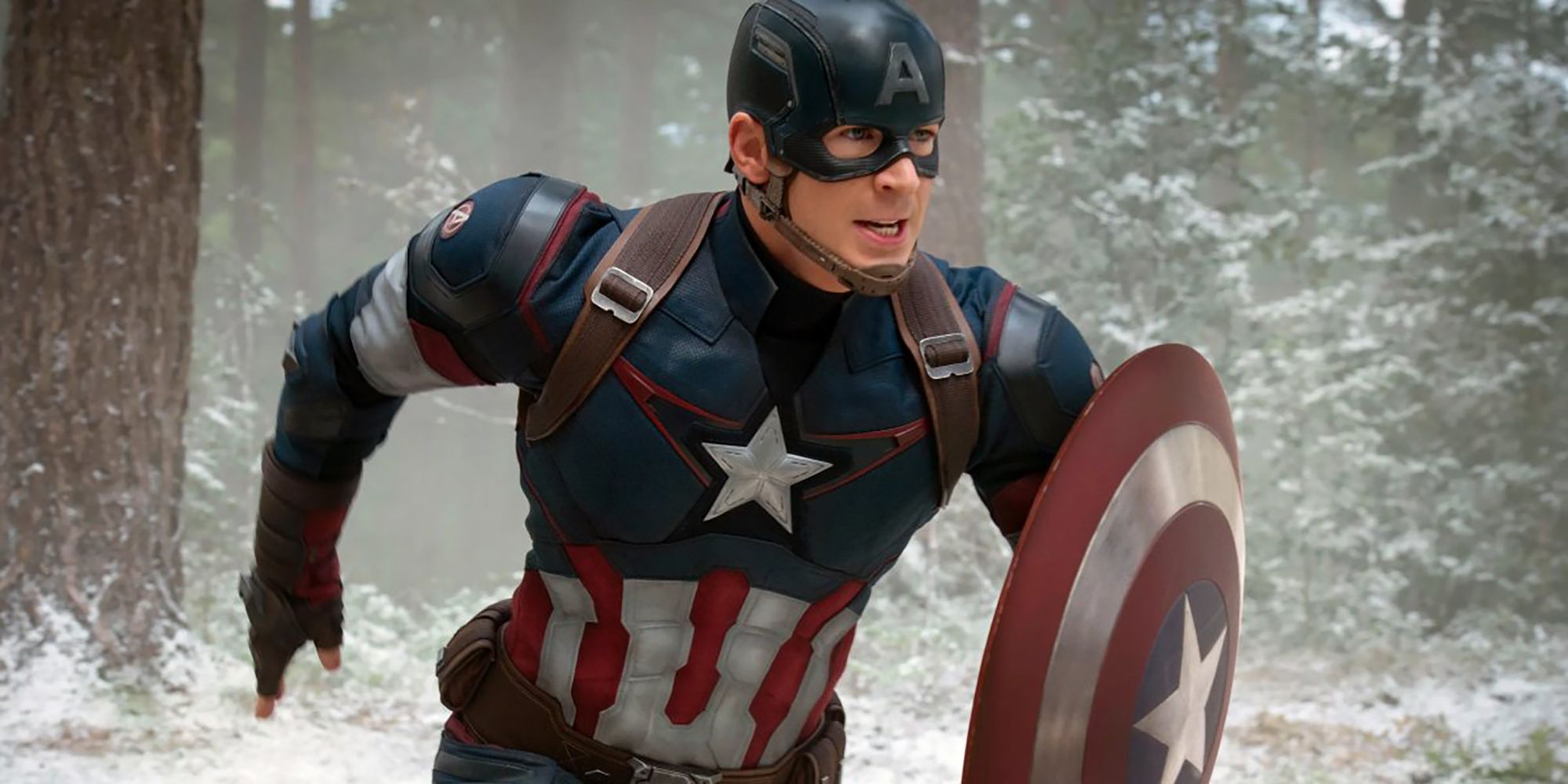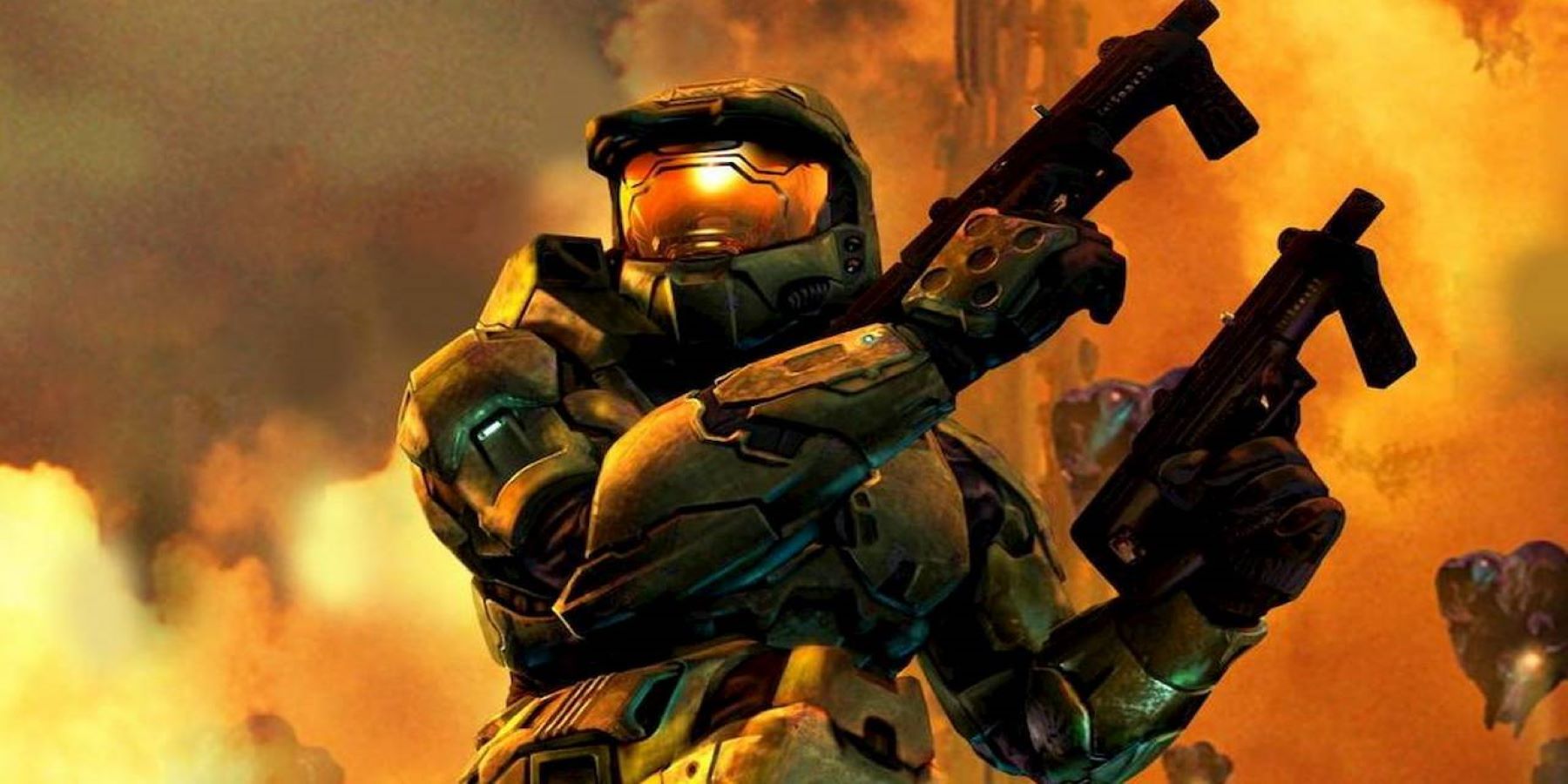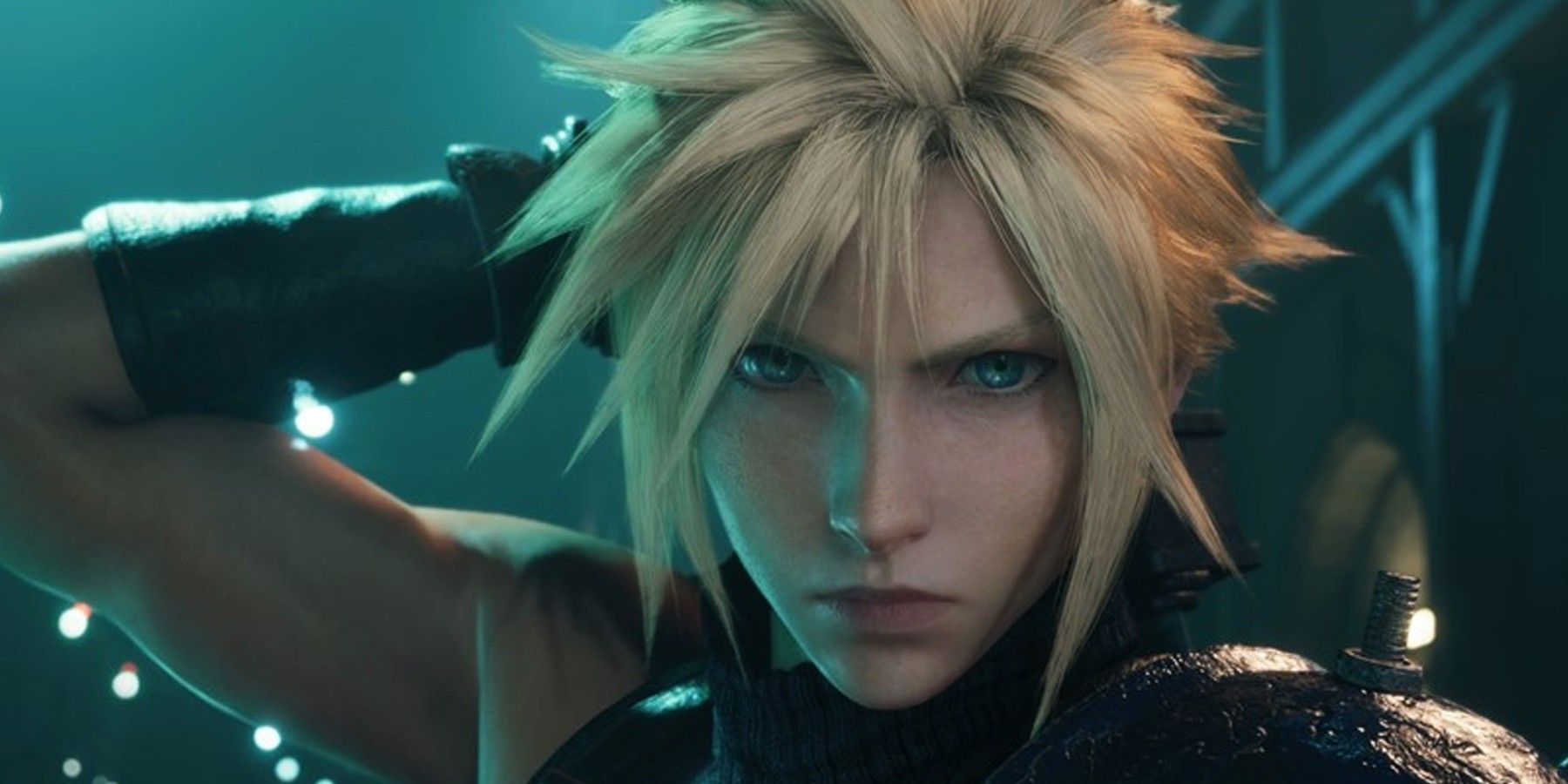War is an extremely common backdrop, setting, and storyline for almost every genre of fiction, but sci-fi war is often the most spectacular and the most vicious. A fantasy war might see the exchange of magical fireballs or the attack of nightmarish creatures, but sci-fi is where fans can find entire planets reduced to dust.
The science part of science fiction necessitates a more direct focus on the implements of war than on the factions involved or the soldiers doing the fighting. Lengthy loving descriptions of fantastical orbital lasers, heat-seeking antipersonnel rail guns, or existential weaponry that erases the victim's place in time fill the genre. Thankfully, there is one time-honored way to turn a character into one of those exquisitely tuned killing machines.
The super soldier is a warrior to their core. Powerful, capable, and unstoppable, they are the living weapon that their superiors believe will win the war. Some are created through generations of selective breeding, autocratically grabbing the reins of genetics to produce the ideal subject. Others are born normal and given dubious scientific enhancement to become something entirely abnormal. There are many different types of super soldiers, but they all exist to wield power on behalf of those who created them. Super soldiers can be individualist heroes, loyal servants of their commanding officers, amoral henchmen, or deadly villains. When the author of a text decides to make their soldiers super, they solve one problem while raising several questions.
The trope allows for the presence of theoretically mortal humans in the midst of all the aliens and robots without the audience assuming they'd be instantly atomized. Humans are the focal point of most stories, the most extravagant sci-fi laser battle would be meaningless without the pathos to make it into a story. Most sci-fi stories can't just have regular people walking around, so enhancing them via drugs or cybernetics solves both problems. However, that tampering with the human body is very rarely morally decent. Military efforts always have a toll to be paid in human lives and anything with a heightened ability to kill carries a moral price tag. Especially when the shiny new weapon has a brain and a conscience.
One of the first examples of the concept came in Phillip Wylie's 1930 novel Gladiator. The primary cultural impact of this work is the somewhat unfounded belief that it inspired Jerry Siegel and Joe Shuster to create Superman eight years later. The story is about a scientist who illicitly doses his pregnant wife with a mysterious serum that grants his son superhuman capabilities. The empowered boy Hugo grows up hiding his superhuman gifts until World War I breaks out. Hugo joins the war where he finds his bulletproof skin and superhuman athleticism helpful. Most elements modern audiences would associate with a super soldier story are not present, but this does pave the way for other genetically enhanced superheroes to go to war.
It's very rare that the most popular example of a trope is also one of the first, but that's the case today, thanks to the ongoing popularity of Marvel. As most audiences know, Captain America is a World War II soldier who undergoes experimental enhancement to become a greater threat. Little is known about what works of fiction might have inspired Joe Simon and Jack Kirby to create Steve Rogers, but real-world events were their primary muse. With World War II in full swing, US Soldiers were popularly seen as heroes, and making one powerful enough to punch Hitler became a no-brainer. This was charmingly uncomplicated at the time. Nazis were the ultimate evil, so opposition to them was a virtue that could build an entire hero's philosophy. Later iterations of the character would begin to ask more interesting questions of morality, but Steve remains the ur-example of the super soldier for good or ill.
For every good super soldier, there is an evil one, if not several. Marvel, for example, has half-a-dozen bad guys who were the recipient of a knock-off serum. Almost every super soldier program has successes and failures. The process that made Cloud Strife made Sephiroth. The process that made Solid Snake made Liquid Snake. The process is almost always seen as a morally questionable decision, often made in times of immense desperation.
The most interesting aspect of this trope isn't the process that turns mortals into superhumans, it's the moral question surrounding the process. The ongoing Halo franchise, for example, fails to interrogate the UNSC decision to mutate innocent children into killing machines for most of its existence. The better examples of fiction in that universe interrogate the Spartan program and its effect on humanity.
Sci-fi fiction has to do a lot of invention to explain the details of its narrative and the super soldier program is often a great example. The best super soldier stories are those that think through the implications of the process and the trope is alive and well today.






